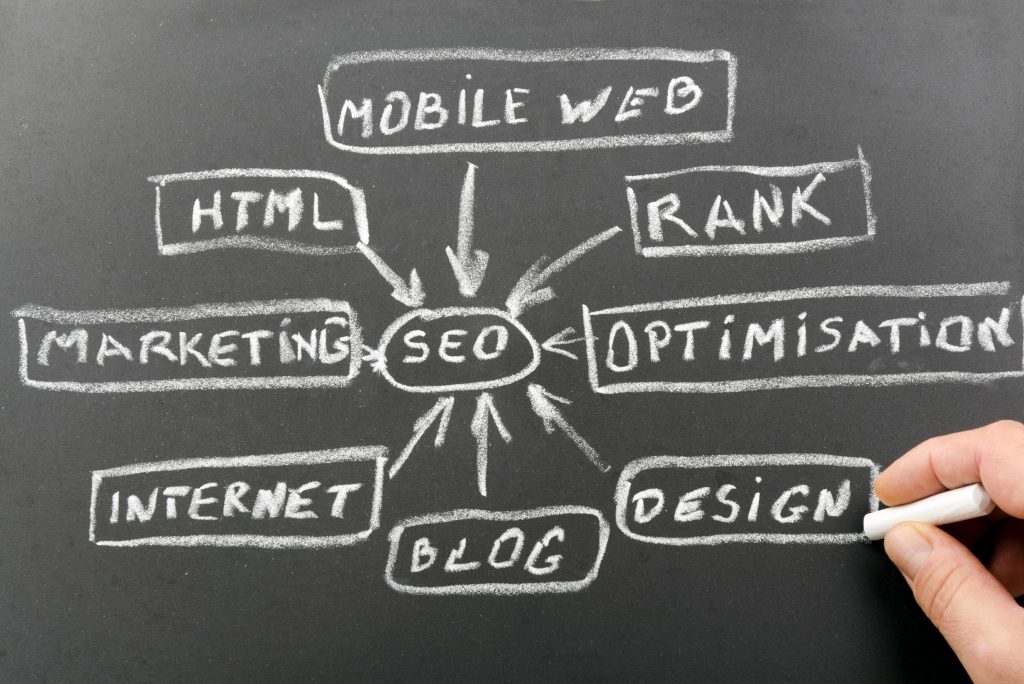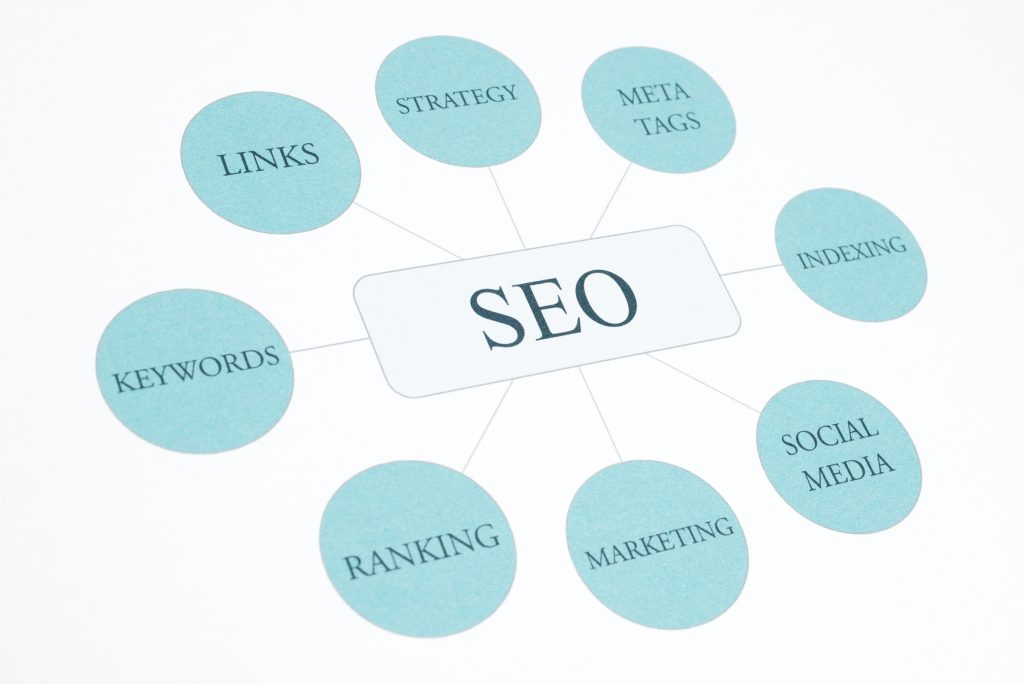
Strategic SEO for Local Businesses
Strategic Local SEO in Charlotte, NC: How to Outrank National Brands in 2026

If you’re running a business in the Queen City, you’ve likely seen the shift. Your website looks professional, your service is top-tier, yet a competitor three blocks away in South End or NoDa is vacuuming up all the high-intent leads.
In 2026, Google has moved past “keyword matching.” Today, Charlotte search visibility is won through Information Gain and Hyper-Local Relevance. If your content looks like a generic template, Google’s “Helpful Content” filters will treat it as noise.
Here is the actual blueprint for winning the Charlotte market this year.
1. The “Neighborhood Entity” Strategy
Google’s understanding of Charlotte geography has become surgical. It’s no longer enough to just say “Charlotte, NC.” To prove you are a local authority, your digital footprint must reflect the specific pockets where your customers live.
The Nuance: Ranking in Ballantyne requires different signals than ranking in Plaza Midwood.
The Tactic: We no longer build generic “City Pages.” We build “Service Area Hubs” that mention local landmarks (like the Little Sugar Creek Greenway or Truist Field) and specific zip codes (28202, 28277). This proves to Google’s proximity algorithm that you aren’t a “ghost” office.
2. Google Business Profile (GBP): Beyond the Basics
In 2026, your GBP is often more influential than your homepage. However, “optimizing” it isn’t a one-time task.
The “Zero-Stock” Rule: Google’s Vision AI now detects stock photos instantly. If your profile is full of generic office shots, your trust score drops. We prioritize geotagged photos of your team in front of recognizable Charlotte spots.
Interaction to Next Paint (INP): If a user clicks “Message” or “Website” from your profile and the load time lags on a 5G connection in Uptown, your ranking will dip. Speed is now a local ranking factor.
3. High-Intent Keyword Mapping
Stop chasing “SEO Services” or “Roofing Tips.” Those are research terms. In a high-growth city like Charlotte, you want Transaction Intent.
| Intent Level | Search Query Example | Strategy |
| High | “Emergency AC repair Myers Park” | Dedicated landing page with 1-click calling. |
| Medium | “Best preschools in Weddington” | Comparison guide with local parent testimonials. |
| Low | “How to fix a leaky faucet” | Blog post (Low conversion, high brand awareness). |
4. The 90-Day “Charlotte Authority” Sprint
We don’t believe in “wait and see.” Here is the aggressive timeline we use to move the needle in the Charlotte market:
Phase 1: The Foundation (Days 1–30)
Audit for “NAP” Consistency: Ensuring your Name, Address, and Phone number are identical across the Charlotte Business Journal, Yelp, and the Charlotte Chamber directory.
Technical Schema: Implementing
LocalBusinessandServiceSchema markup so Google’s crawlers see your specific Charlotte latitude/longitude coordinates.
Phase 2: Local Trust Signals (Days 31–60)
Review Velocity: It’s not just about the rating; it’s about the keywords in the reviews. We help you prompt customers to mention specific services and neighborhoods (e.g., “Best electrician I’ve used in Matthews”).
Hyper-Local Content: We publish one “Community Insight” piece, such as a guide to navigating local Charlotte permits or a recap of a local event you sponsored.
Phase 3: The Backlink Build (Days 61–90)
Local PR: Getting mentioned by local outlets like Axios Charlotte or QC Life. One link from a
.nc.govor a local.edusite is worth 100 generic blog comments.
5. Why “Information Gain” is the Tie-Breaker
Google’s 2026 algorithm prioritizes new information. If your blog post says the same thing as the top 5 results, you will never reach #1.
To win, we include:
Proprietary Data: “We analyzed 500 home inspections in Mecklenburg County, and here’s what we found…”
First-Hand Experience: “When we worked on a project near the University City area last month, we encountered [Specific Local Issue]…”
Final Thoughts for Charlotte Owners
Local SEO isn’t a “set it and forget it” task. It’s a battle for relevance. While national competitors have the budget, you have the local advantage. By proving to Google that you are the most relevant, trusted, and active entity in the Charlotte metro area, you don’t just get clicks—you get the phone calls that grow your business.
Want the ‘Secret List’ of Charlotte-specific keywords for your industry? We’ve mapped out the highest-converting search terms for Queen City businesses in 2026. Contact us, and we’ll send you the top 10 ‘Buying Intent’ keywords for your specific neighborhood.

FAQ
1. How long does it take to see local SEO results in Charlotte?
In 2026, most Charlotte businesses see measurable improvements—like an increase in Google Business Profile (GBP) calls or direction requests—within 3 to 6 months.
Quick Wins: GBP technical fixes (category updates and citation cleanup) can sometimes impact visibility in weeks.
Long-Term: Highly competitive keywords like “Uptown Charlotte real estate” or “HVAC repair Charlotte” can take 6 to 9+ months to break into the top 3 (Local Pack).
2. How much does professional Local SEO cost in Charlotte?
For a single-location business in Charlotte, you can expect three general tiers of pricing:
Foundational ($750 – $1,500/mo): Best for businesses in lower-competition areas or newer companies building a digital presence.
Growth ($1,500 – $3,000/mo): The standard range for competitive service-based businesses (Plumbers, Law Firms, Dentists) targeting multiple neighborhoods like Ballantyne, South End, and NoDa.
Aggressive ($3,000 – $5,000+/mo): Required for multi-location businesses or those needing intense content and local backlink acquisition from major Charlotte media outlets.
3. Why is my competitor outranking me even though they are further away?
Google uses three main factors: Relevance, Distance, and Prominence. In 2026, Prominence often beats proximity. If your competitor has more “Information Gain” (original photos, neighborhood-specific content, and better review velocity), Google considers them a more “trusted” entity, allowing them to outrank businesses that are physically closer to the searcher.
4. Should I create separate pages for every Charlotte neighborhood?
Yes, but only if they provide unique value. In 2026, Google penalizes “doorway pages” (pages with the same text where only the neighborhood name is swapped).
The Right Way: Create a “Plaza Midwood” page that mentions your specific projects in that area, local landmarks you’re near, or specific community reviews. This builds Entity Authority.
5. Can I rank in Charlotte if my business is located in a suburb like Concord or Gastonia?
Yes, but it is more difficult. You must prove to Google that you have a “Service Area” that effectively covers Charlotte.
Strategy: Use Service Area Business (SAB) settings in your GBP and build “Charlotte Service Area” pages on your site featuring photos of your team working in the city, using Charlotte zip codes in your metadata.








